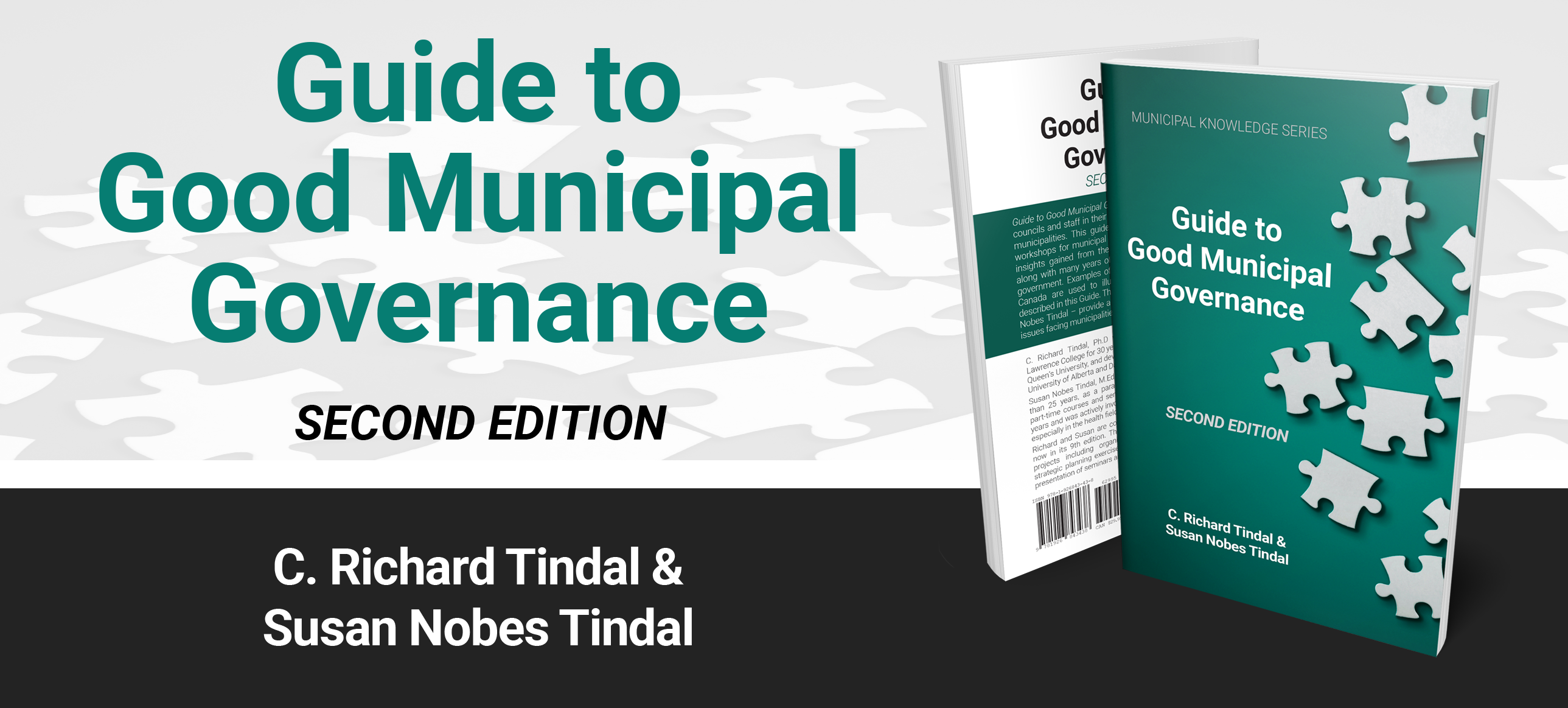Short-Term Rentals - 10 best practices for enforcement (Part 2)

At the 2017 International City/County Management Association (ICMA) conference in San Antonio, consultant Ulrik Binzer gave a presentation on the challenges for communities addressing short-term rentals. Part 1 of this article focused on the impacts of the short-term rental market, and some key strategies for crafting a local regulation to manage the issue.
However, no matter how well designed, thoughtful, and forward thinking the regulation is, it won’t enforce itself. Specifically, Binzer’s research shows that the voluntary compliance rate for such regulations is low – at only about 10 to15 percent. With this in mind, he offers the following top 10 list of best practices for enforcement.
1. Require Registration
Municipalities should have a permit system that operators need to register under in order to list their property as a short-term rental. And, the permit should be renewed annually. This not only helps with ensuring compliance, but also to manage the significant turnover of operators.
2. Be Clear
For communities looking to regulate short-term rentals, having a provision that states “if you advertise, you are operating and need to be licensed” removes any uncertainty surrounding registration.
3. Make Compliance Easy
Some communities make it exceedingly difficult to navigate the process. The easier it is for people to register and pay any fees, pay any taxes, licensing fees, etc., the more likely they are to comply.
4. Require Detailed Records
If one person or group owns multiple properties, develop a system whereby each property must be registered separately. Alternatively, provide a way to itemize the rental listings. This approach helps ensure that both operators and the municipality are clear about expectations.
5. Provide Online Access
While there is a growing expectation that governments are moving in this direction generally, short-term rental operators tend to be more technologically advanced than average citizens. So, put regulations online and make them mobile friendly. This is tied to Best Practice #3: the easier it is to comply, the more likely people are to comply.
6. Consistently Monitor for Non-Compliance
The short-term rental market has massive turnover, and simple annual inventories can miss up to 50 percent of people who list. Staying up to date on what is happening in your community is vital in not being overwhelmed.
7. Document Non-Compliance
For those who aren’t going to comply with regulations, and who may fight any violation, having evidence (such as screenshots from the offending listing) are vital to ensuring that the violation cannot be challenged.
8. Deal with Violators Quickly
There is an expectation that government is slow, and there is a growing industry in teaching rental operators how to maximize their gains and evade violations. By reaching out to violators quickly and providing the evidence, you are likely to see increased compliance.
9. Make Reporting Easy
Whether it’s a party at 3:00 a.m., garbage all over the lawn, or any other complaint that neighbours have about violations, make it easy for them to submit a complaint, whether by phone or online. If possible, have people document the complaints. Responsiveness is the key to this process. Have an immediate follow up – both to the complainant and the operator – to get things addressed. And, of course, document and save all of the complaints should they be needed in the future.
10. Be Firm but Fair
For serial violators, regulations sometimes just aren’t enough to make it in their best interest to comply. For those who seem determined to ignore the law, use all the options at your disposal. Depending on the authority that you have, options include: fine for all violations, rather than just the ones related to violating the short-term rental regulation; have offenders sign off on the fact that they are now fully aware of the regulation; and, if you have the ability to set a variable fine schedule, make it so that repeat violations are penalized more heavily.
In an ideal world, a well-crafted regulation would be enough on its own – to ensure that there is compliance and to ensure the balance between operators and the community. In reality, however, enforcement is a necessary part of the system. Being transparent, consistent, and responsive to the community are essential parts of enforcement, and will help to ensure more harmonious relationships between renters, operators, and the community.
Part 3 will take a look at the big picture on short-term rentals, including a new option being rolled out by AirBNB that municipalities might want to consider in the future. MW



